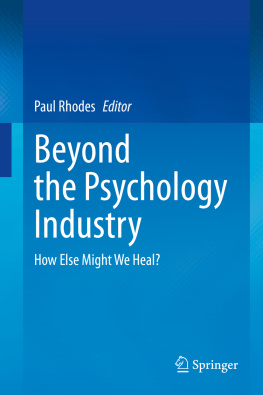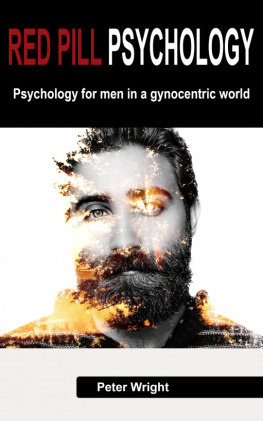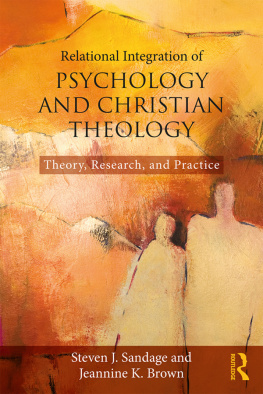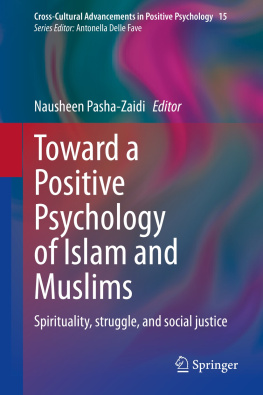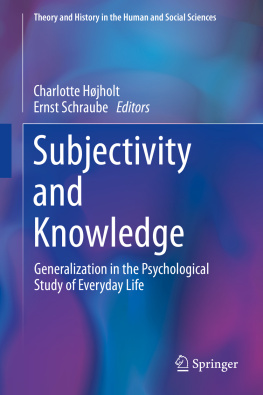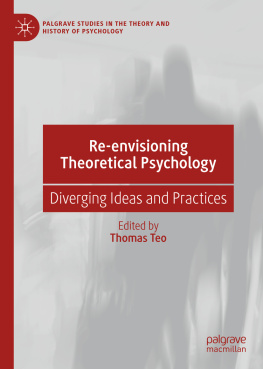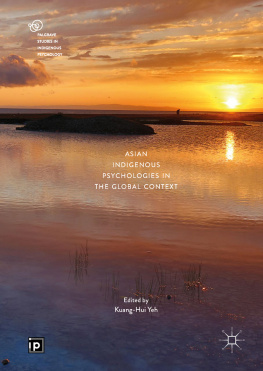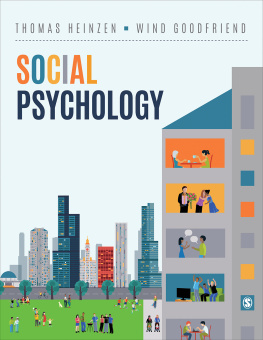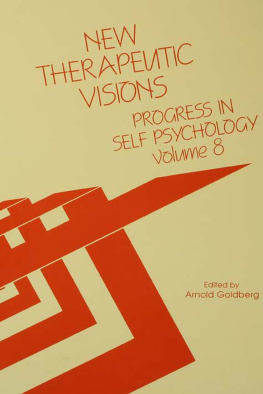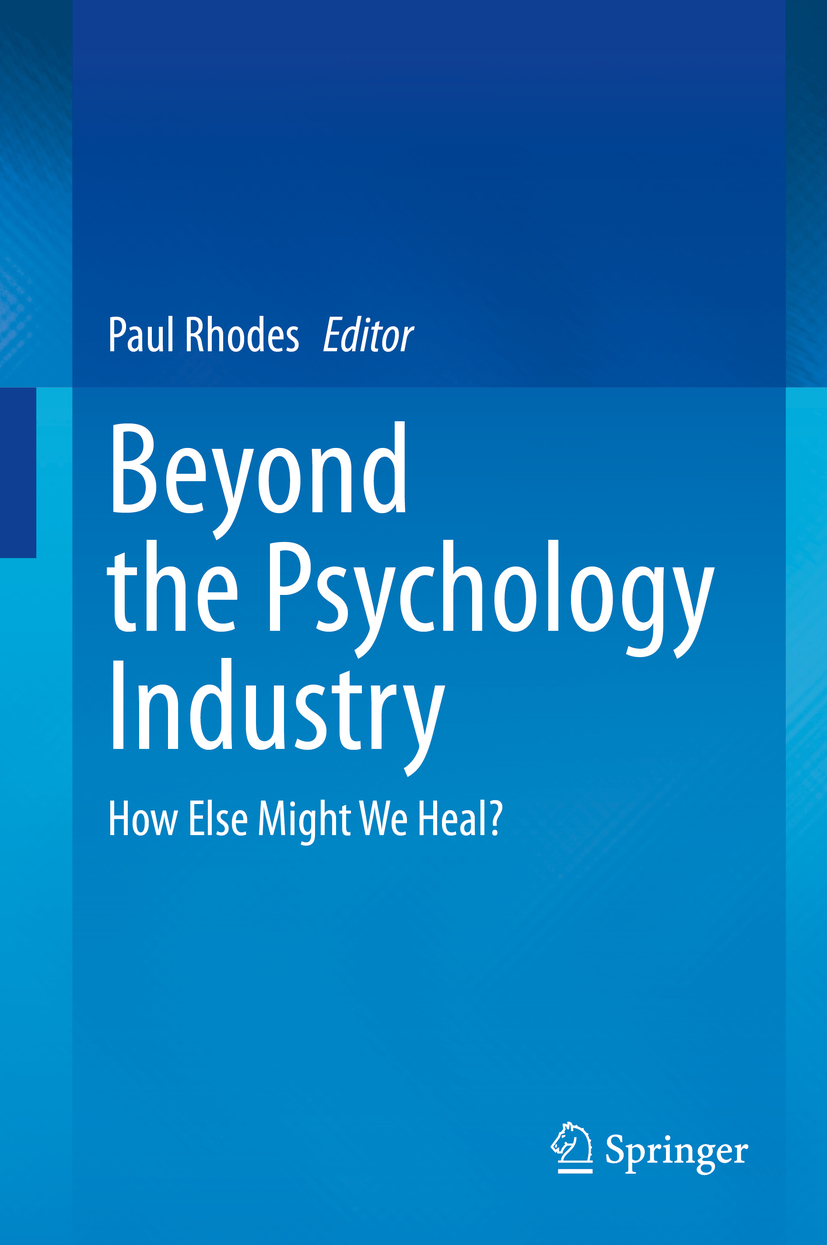Beyond the Psychology Industry
How Else Might We Heal?
Editor
Paul Rhodes
Clinical Psychology, University of Sydney, Sydney, NSW, Australia
ISBN 978-3-030-33761-2 e-ISBN 978-3-030-33762-9
https://doi.org/10.1007/978-3-030-33762-9
The Editor(s) (if applicable) and The Author(s), under exclusive license to Springer Nature Switzerland AG 2020
This work is subject to copyright. All rights are solely and exclusively licensed by the Publisher, whether the whole or part of the material is concerned, specifically the rights of translation, reprinting, reuse of illustrations, recitation, broadcasting, reproduction on microfilms or in any other physical way, and transmission or information storage and retrieval, electronic adaptation, computer software, or by similar or dissimilar methodology now known or hereafter developed.
The use of general descriptive names, registered names, trademarks, service marks, etc. in this publication does not imply, even in the absence of a specific statement, that such names are exempt from the relevant protective laws and regulations and therefore free for general use.
The publisher, the authors, and the editors are safe to assume that the advice and information in this book are believed to be true and accurate at the date of publication. Neither the publisher nor the authors or the editors give a warranty, express or implied, with respect to the material contained herein or for any errors or omissions that may have been made. The publisher remains neutral with regard to jurisdictional claims in published maps and institutional affiliations.
This Springer imprint is published by the registered company Springer Nature Switzerland AG
The registered company address is: Gewerbestrasse 11, 6330 Cham, Switzerland
Contents
Paul Rhodes
Ross G. Menzies and Rachel E. Menzies
Jennifer Fitzgerald
Jhilmil Breckenridge
Katherine M. Boydell
Holly Kemp , Brett Bellingham , Katherine Gill , Andrea McCloughen , Cath Roper , Niels Buus and Jo River
Omar Said Yousef , Abdulrahman Alhalabi , Zachary Steel , Sertan Saral and Ruth Wells
Robert Brockman and Pat Dudgeon
Merle Conyer
Leanne Hall
1. A Drifters Handbook
Paul Rhodes
is a therapist and academic at the University of Sydney. He started his career in the deinstitutionalization movement in developmental disabilities and then went on to specialize in family therapy and also anorexia nervosa. He is also a qualitative researcher, developing innovative methods in narrative, ethnographic, dialogical, and arts-based methods and applying these to a wide range of social problems. These include the recovery movement, decolonization, feminism and eating disorders, the psychology of climate change, refugees, and community psychology.
You might do some good in your role as psychologist perhaps but treat that identity and the knowledge as a set of powerful and sometimes dangerous stories about people. Find inspiration and strength in the many other kinds of story from outside the discipline that are told about what human beings can do to reflect upon and remake themselves. (Ian Parker, , p. 556)
I listened to a young clinical psychology student tell me a story recently of a placement they did in rural Australia, in an indigenous community far from our Eastern cities. This young student, trained at the top university in the country, felt ill-equipped. It was the story of a young boy, 14 years old, despairing and grieving the loss of a cousin to suicide, one of many such deaths he had experienced. He could not get up in the morning. He was harming himself. Contemplating death. One person caught in the epidemic of aboriginal suicide tied to colonization, intergenerational trauma, structural inequalities, and more. It was also the story of clinical psychology , a secular religion, with its missionaries and confessionals, focused on sin/pathology, rather than on social and emotional well-being (Dudgeon, ). Indigenous psychology is culturally safe, supporting the persons strengths and their relationship with community, spirituality, and land. Contemporary therapy , on the other hand, is not safe in this context. It is a hyperrational approach to healing , built on individualism, the sole agent in a sealed room, cut off from culture and land. Thankfully this student, smart and progressive, sought the knowledge of aboriginal elders and health workers and soon learned to take her shoes off and sit in the circles.
The dominant method in clinical psychology is still cognitive and, like most models, serves as an evidence-based application of Western philosophical concepts. The original cognitive model is based on Greek and Roman stoicism (Robertson, ), transformed by the information processing of the 1980s into a formulation-driven metaphor for distress. Most contemporary models eventually become abbreviated in a similar fashion to support their promulgation: cognitive behavioral therapy (CBT) , acceptance and commitment therapy (ACT) , dialectic behavioral therapy (DBT) . There is a new one called temperament-based therapy with supports (TBT-S) . Each of these models emphasizes the intrapsychic over the interpersonal and decontextualized, with the focus on personal control or acceptance of subjective phenomenon.
I recently read an interesting paper by Waller (, p. 122). This book serves as a manual for this kind of drifting.
As clinical psychologists, we are taught to keep our distance, to protect ourselves from distress and dysfunction, to objectify. This is achieved through language: the language of quantification, diagnosis, and the mental state exam. Here is an example of how we are taught to describe people in our research:
Serial assessment of his mental state using MSES is shown in Figure 2, with a global score and sub-scale scores derived as percentages for mania and psychosis dimension scores, which were the most prominent symptom dimensions relevant to the patient. (Fernando & Carter, , p. 78)
And how we might label a distressed person:
Disruptive mood dysregulation disorder (DMDD) is a childhood condition of extreme irritability, anger, and frequent, intense temper outbursts. DMDD symptoms go beyond a being a moody childchildren with DMDD experience severe impairment that requires clinical attention. DMDD is a fairly new diagnosis, appearing for the first time in the Diagnostic and Statistical Manual of Mental Disorders (DSM-5), published in 2013. (American Psychiatric Association, , p. 220)
And here is an example of what a mental state exam might read like:
General appearance and behavior: Arnold is a 74 year-old man of average weight and height. At the time of examination, he was well groomed. On appearance, there were no signs of tremor or abnormal movements. Arnold was cooperative throughout the interview. He maintained eye contact, except when recounting his mothers recent death. Then, he appeared depressed.

